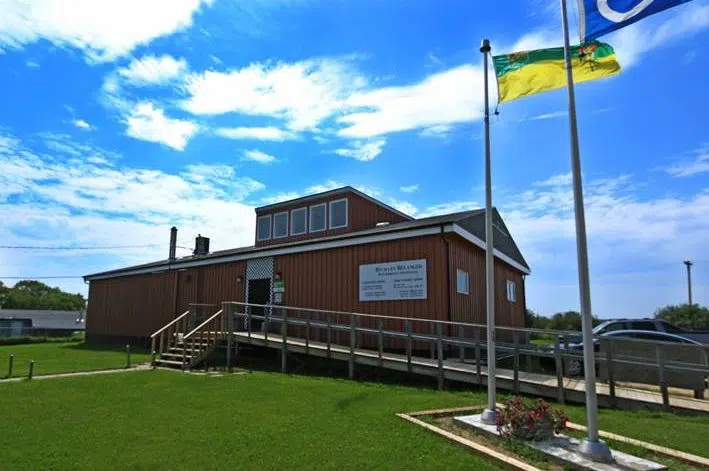The mayor of a northwestern Saskatchewan town is asking those who don’t live in Ile-a-la-Crosse, La Loche or numerous First Nations communities not to travel there unless absolutely necessary.
As of Thursday, there were 21 cases of COVID-19, with one additional presumptive case. It’s a very worrying situation, says Ile-a-la-Crosse Mayor Duane Favel.
“We’re in the middle of an outbreak in our region … so what we’re trying to do is monitor the flow of traffic in and out of our region and offering educational sessions to people coming in and out — and really trying to get the message out there that we need to be social distancing,” he said. “We need to be doing things in accordance with the state of emergency.”
A news release sent out by Favel, the Metis Nation of Saskatchewan, Meadow Lake Tribal Council Chief Richard Ben, and the local Incident Command Centre’s Rick Laliberte indicates the checkpoints will help minimize the spread of COVID-19. The region is predominantly populated by First Nations and Metis citizens.
There will be four checkstops in the region on main transportation arteries in and out of the province’s northwest. They include Highway 155 south of Beauval, 963 and 903 fork at Cole Bay, the junction of Highways 165 and 914, and on the Fort McMurray access road south of La Loche.
Favel says all leaders want to minimize risk as much as possible. He adds that the majority of the people in the communities follow directives, but there is a small percentage of people who don’t or will not comply.
“So we want to be able to take one step further to communicate with our communities and really strongly suggest that they need to follow these directives from the Saskatchewan Health Authority and the chief medical health officer to minimize risk to our vulnerable and our elderly,” he said.
He adds that the health-care system simply can’t handle a large influx of patients or those who may need critical hospital care.
“It would seriously stress the health-care system in our region …,” Favel said. “We have a health facility in Ile-a-la-Crosse here and one in La Loche, and I’m hearing that we only have one ventilator in our health facility here and I believe there’s none in La Loche.”
Contact tracing takes a lot of time and if the virus spreads, the entire region could be in a “very, very serious situation in a short period of time.”
His message to those who don’t live in northwestern Saskatchewan: If you don’t have to be there, don’t go. Only those who need to access food or other essential services because they aren’t available in their community will be encouraged to do so.
“If people are coming into our area for things that we don’t deem essential, you know, we’ll be strongly suggesting — we’re not an enforcement agency, we can only offer and suggest — that if you don’t have to be in the area, don’t come in,” Favel said.
An incident command centre has also been established in Beauval, and daily briefings are occurring between leaders. Clearly identifying certain homes where people are self-isolating because of the virus or whether they’re OK is being implemented.
“A lot of smaller communities have implemented that in terms of green on a window is ‘I’m OK,’ ” he said. “Different colours mean different things.”
Favel says the main message is that if someone doesn’t need to be in a certain community, who doesn’t live in the area, or is not accessing essential services, they’ll be strongly asked to return to their home.











